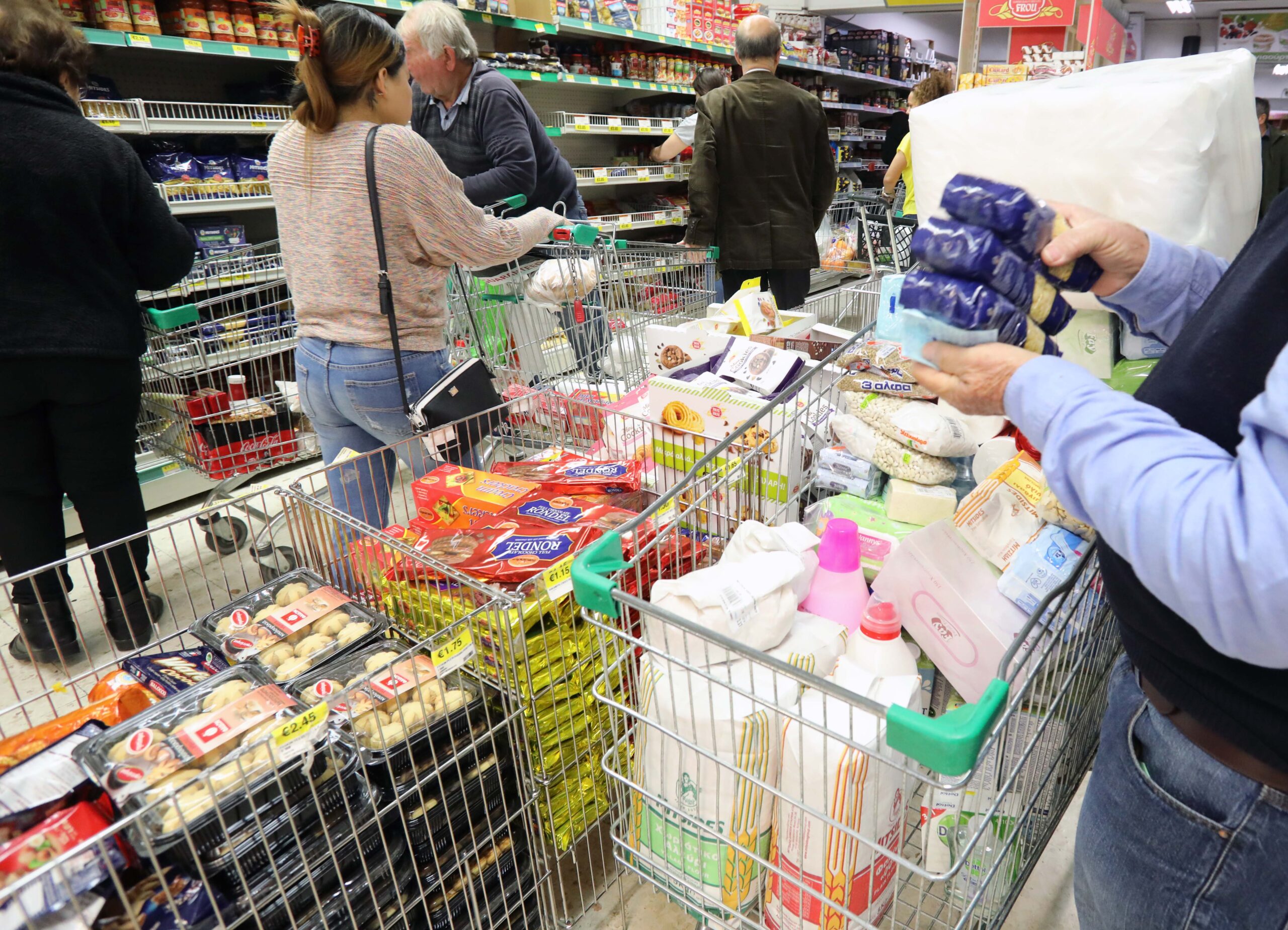Shoppers no longer have to present a Safe Pass document to access supermarkets, bakeries, and malls, as Cyprus moved closer to lifting all COVID-19 restrictions on Tuesday.
The new rules also include instructions to shorten the quarantine period for people testing positive for COVID, from ten to seven days, provided they test negative with a rapid or PCR test.
The government’s new Safe Pass plan includes premises and activities classified according to risk.
There are four categories, namely high risk, medium risk, low risk and “short-stay” areas, where a Safe Pass will not be required.
Medium risk venues are bars, restaurants, hotels, gyms, and sports stadiums, while night clubs and care homes are high risk.
The requirements depend on a person’s vaccination status.
People without a history of vaccination or not had a booster shot or have a recovery certificate older than 90 days must provide a 24-hour Rapid test or a 48-hour PCR test
Children aged 6-17 can carry a Rapid or PCR test no older than 72 hours.
People with a valid vaccination or recovery certificate must present a 48-hour rapid or 72-hour PCR test.
Unvaccinated people wanting to enter medium risk venues must hold a Rapid test of 48 hours or a PCR test of 72 hours, while 6 to 17-year-olds must carry a Rapid or PCR test not older than 72 hours.
In low-risk areas, the unvaccinated will need a 72-hour Rapid test or a 72-hour PCR test, while for six to 17-year-olds, the obligation is a Rapid or PCR test of 72 hours.
Vaccinated people with a valid recovery certificate need only present their Safe Pass document to access medium and low-risk venues.
Self-isolation for close contacts who cannot isolate from the infected person, such as parents taking care of their child, has also been reduced to seven days, given that they test negative.
The maximum capacity at events, including weddings and christenings, is 500, provided the area of the venue allows for a ratio of 1.5 square metres per person.
A ban on school parades is also be lifted.
Health Minister Michalis Hadjipantela said there was a clear improvement of epidemiological indices, decreased hospitalizations, and positivity rates.
New COVID-19 infections have hovered around 2,000 per day, and the number of coronavirus patients requiring hospital treatment has also decreased considerably, Hadjipantela said.
Scientists advising the government said that if the positivity rate, which stands at around 2%, drops to below 1% in the next few weeks, the pandemic will be reclassified as an endemic disease.
On Monday, health authorities reported 1,584 new COVID-19 cases and one death, bringing the total to 334,822 infections and 878 deaths.










